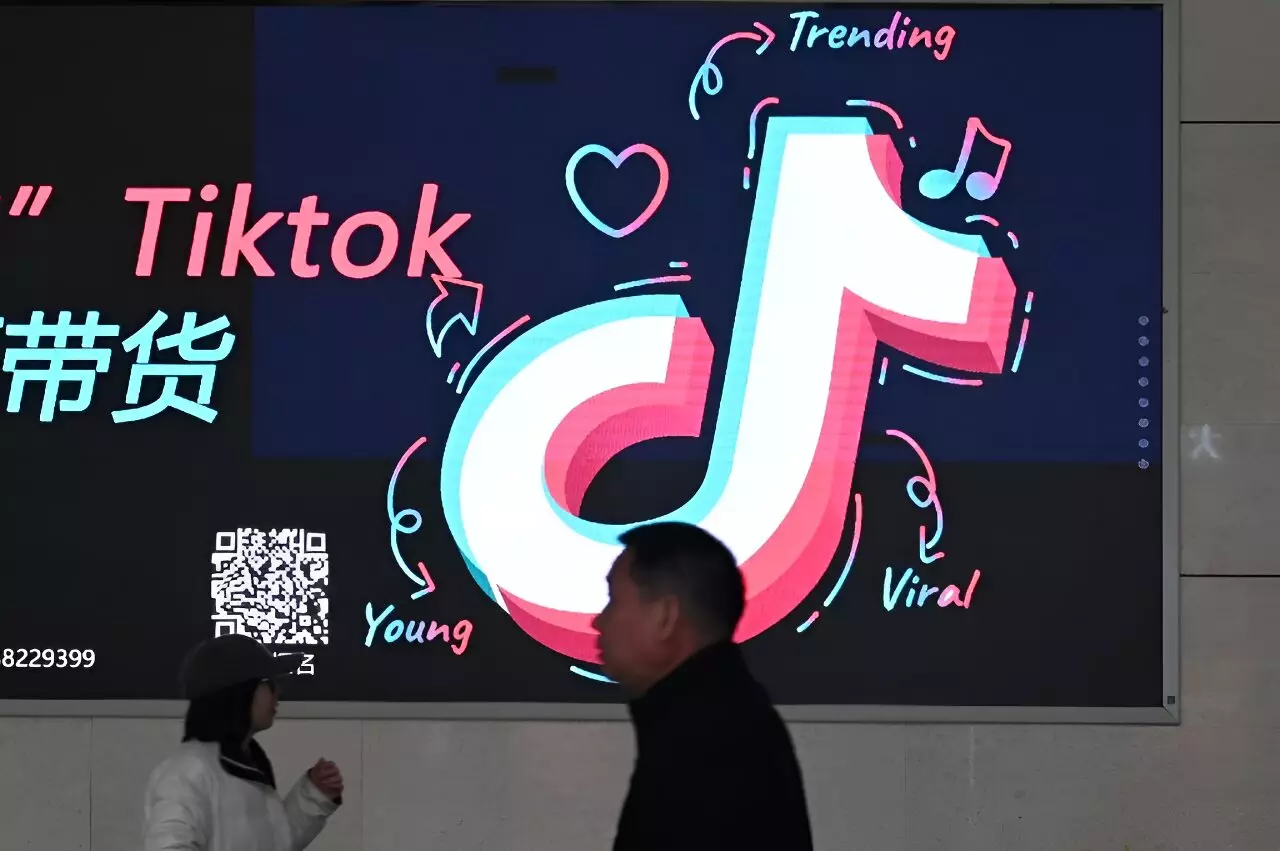The United States recently filed a lawsuit accusing TikTok of violating children’s privacy by collecting data about them without parental consent. The Department of Justice and Federal Trade Commission (FTC) teamed up in a civil suit alleging that the popular video-sharing app disregarded the Children’s Online Privacy Protection Act (COPPA).
COPPA prohibits websites from collecting personal information about children under the age of 13 without parental authorization. The suit claims that TikTok has been allowing children to use the app since 2019, collecting and utilizing personal data from young users without parental knowledge. Even accounts created in “Kids Mode,” designed for users under 13, gathered email addresses and other personal information, according to the lawsuit.
TikTok and its parent company, ByteDance, allegedly failed to respect requests from parents to delete their children’s accounts and data. Moreover, they had ineffective policies for identifying and removing accounts created by children, as per justice department officials. The Justice Department’s deputy assistant attorney, Brian Boynton, emphasized the need to prevent these repeat offenders from misusing young children’s private information without parental consent.
The US Justice Department previously labeled TikTok’s data collection as a national security threat, indicating that the app’s Chinese parent company, ByteDance, might comply with Chinese government data requests or censorship demands. In response to a legal challenge by ByteDance against the forced sale of TikTok, the US argued that the law addresses national security issues and not freedom of speech, suggesting that ByteDance cannot claim First Amendment rights in the United States.
TikTok filed a suit in a Washington federal court, asserting that the law compelling the sale of the app or facing a US ban violates its rights to free speech. The company warned that a ban on TikTok would silence the voices of 170 million Americans and infringe upon the First Amendment. The legal back-and-forth between TikTok and the US Justice Department is likely to escalate to the Supreme Court, as ByteDance has maintained that it has no intention of selling TikTok.
The allegations against TikTok for violating children’s privacy and the subsequent legal battle raise important questions about data protection, national security, and freedom of speech. As the case unfolds, it will be crucial to consider the implications for users, especially children, in the digital age.


Leave a Reply